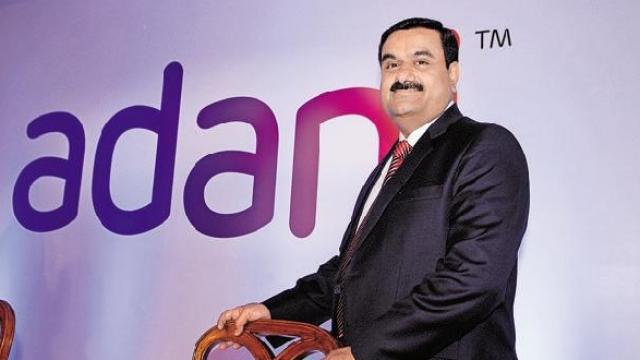The Ministry of Power (MoP), vide its notification dated May 5, 2022 has issued a directive under Section 11 of the Electricity Act, stating that all imported coal-based power plants shall operate and generate power at their full capacity to meet the growing demand.
As per this directive, the MoP has now directed all states and GENCOs based on domestic coal to import at least 10% of their fuel requirement for blending with domestic coal and meet the growing demand for electricity.
This directive by the MoP is valid till October 31, 2022. As the present power purchase agreements (PPAs) do not provide for a pass-through of the fuel cost for these projects, the tariff for supply from these plants under the PPAs shall be worked out by a committee with representatives from the MoP, the CEA and the CERC considering the prevailing coal prices.
The MoP earlier in December 2021 had issued an advisory to the state GENCOs & IPPs to meet their coal requirements through blending of imported coal to the extent of 4%. The directive has come in view of the fact that the improvement in the average coal stock level for the thermal generation capacity on an all India basis continues to remain slow as seen from the stock position of 8 days as on May 7, 2022 as against 9 days as on November 30, 2021, which recovered from the lowest level of 4 days as of September 30, 2021, as against the normative requirement level of 24 days.
Commenting on the impact of the directive on discoms, Mr. Girishkumar Kadam, Senior Vice President & Co-Group Head – Corporate ratings, ICRA, said: “All India energy demand in April & May (till date) 2022, grew by 11.5% and 17.6% Y-o-Y respectively, also supported by heat wave / weather conditions, while tight domestic coal supply position and elevated international coal price levels continued to affect the energy generation levels.
Measures directed by the MoP to ease the power supply constraints through coal imports is thus likely to considerably increase the coal import dependency for the power sector from about 4% in FY2022 to about 12-13% in FY2023.
The higher share of imports for thermal generation under a pass-through arrangement as directed by the MoP is further expected to lead to an increase in the cost of supply for state discoms by 4.5% – 5.0% in FY2023 at an all India level, considering the increase in the share of imported coal and coal price level at US$ 110 per MT for coal GCV of 4200 kcal/kg.”
In terms of coal import dependency for the power sector, the share of coal imports in the overall coal requirements for the power sector declined to about 4% in FY2022 against that of ~8% in FY2021, amid the increase in international coal price level by more than 150% over the last 12-month period (Indonesian coal price index) and challenges faced by the
IPPs to pass on the fuel price cost increase to the distribution utilities (discoms) under the PPAs.
With a sharp increase in coal price levels internationally over the past 14 months, the variable cost of generation for imported coal-based power projects is estimated to have increased by more than Rs. 3.0 per unit between March 2021 and May 2022. Commenting further on this, Vikram V, Vice President & Sector Head – Corporate ratings, ICRA, said: “The estimated increase in the cost of supply for the discoms amid the higher share of coal imports to meet the demand is likely to increase the cash gap per unit for discoms at the all India level to 68 paise per unit in FY2023 against ~50 paise per unit estimated
earlier.
This is considering a 5.0% increase in the cost of supply and an average tariff hike of 4.5% for the discoms at the all-India level. As a result, timely & adequate tariff determination by the regulators along with timely implementation of www.icra.in fuel cost adjustment (FCA) pass-through (either monthly or quarterly as per the applicable regulations) thus remains a key monitorable for the discoms.”
The outlook for state owned distribution utilities continue to remain negative, due to the continued weak financial position as a result of inadequate tariffs, higher than allowed distribution loss levels and inadequate subsidy dependence.
Nonetheless, the credit profile of privately owned distribution utilities remains supported by operational strengths arising from demographic profile, operational efficiencies, tariff adequacy as well as sponsor strengths, respectively.
Follow on Facebook (https://www.facebook.com/industrialpunch) and Twitter (https://twitter.com/IndustrialPunch) for updates on social media…


















